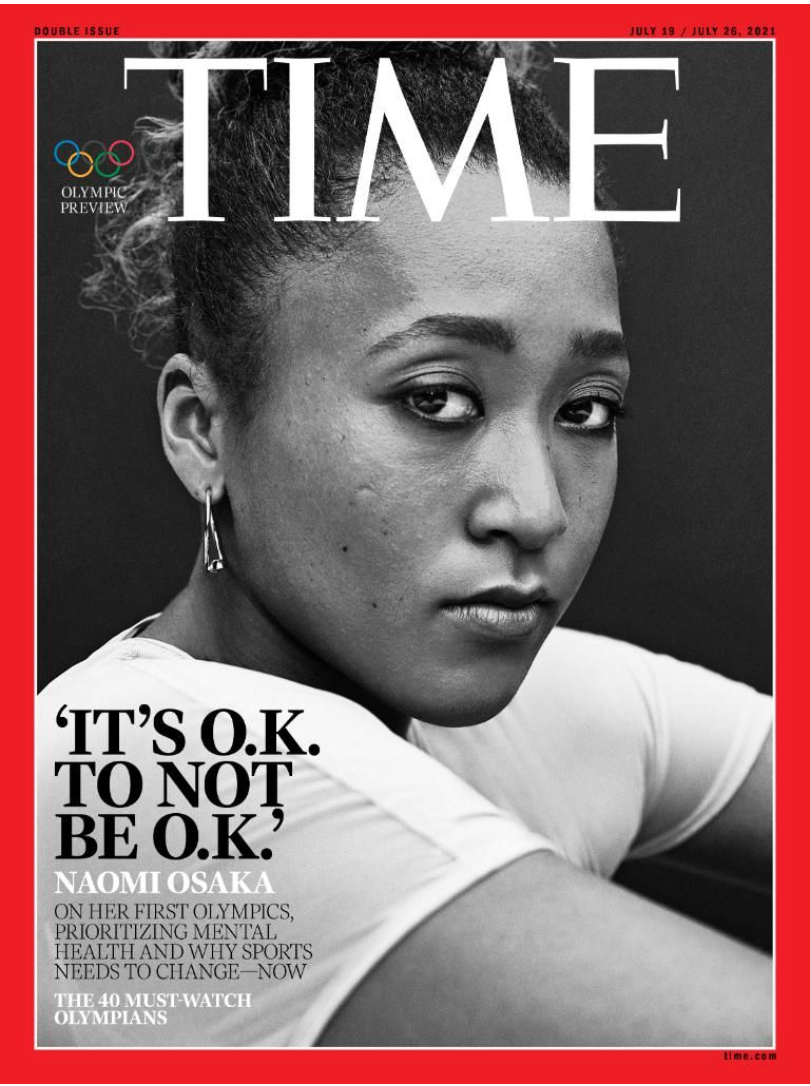Osaka had already released a statement announcing she wouldn’t attend press conferences during the French Open. Why? Because journalists’ questions can be harmful for athletes’ mental health. The tennis star admitted that she has "suffered long bouts of depression since the U.S. Open in 2018" and gets "huge waves of anxiety before speaking in press conferences”.
Despite Osaka’s statements, organisers of the four Grand Slams – the world’s most prestigious tennis tournaments – claim that “a core element of the Grand Slam regulations is the responsibility of the players to engage with the media, whatever the result of their match”, suggesting that as a highly ranked player, it is her responsibility to subject herself to traumatic media events.
With her attempts to preserve her mental wellbeing in the spotlight, the tennis ace decided to withdraw from the open.
"I think now the best thing for the tournament, the other players and my well-being is that I withdraw so that everyone can get back to focusing on the tennis going on in Paris", said Osaka.

Mental health at the workplace
Osaka’s transparency hits upon a problem that gained prominence during pandemic lockdowns.
Mental health issues are increasingly seen as a workplace problem. When people overcome the fear of appearing weak and are brave enough to admit their issues, society doesn’t believe them. Especially if they are seen as “successful”.
The tennis court is Osaka’s workplace – the “highest-paid female athlete ever” ’s workplace. And it is doing her harm.
Long periods of stress can cause real damage to someone's physical and mental health. This is true whether you are an athlete, the CEO of a company, a nurse, or a cashier. We can’t separate the mind from the rest of the body. So we should start giving the same validity to people citing concerns about their mental and emotional well-being— the same concern we give to people who have broken their leg.

The gap between mental health talk and action
Naomi Osaka is a great example of someone being brave enough to admit her struggles, despite enormous amounts of systemic pressure. Campaigns about ending stigma are important but will change nothing if people are not believed and workplace boundaries aren’t respected.
Luckily for Osaka, some of her colleagues and many of her leading sponsors jumped in to support her - all while the media vilified her and some fans called her selfish.
“Our thoughts are with Naomi. We support her and recognize her courage in sharing her own mental health experience”, Nike stated.
This duality in the reactions proves that workplace mental health is still a divisive topic. There is a huge gap between the rising awareness about it, and the credibility and solutions we give to those who are suffering.
Written by Ana Sofia Mergulhão




